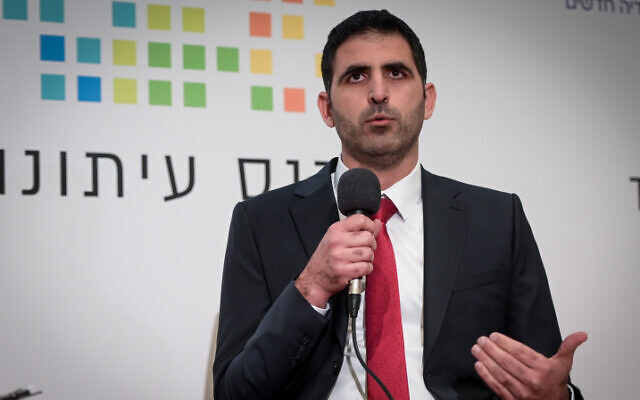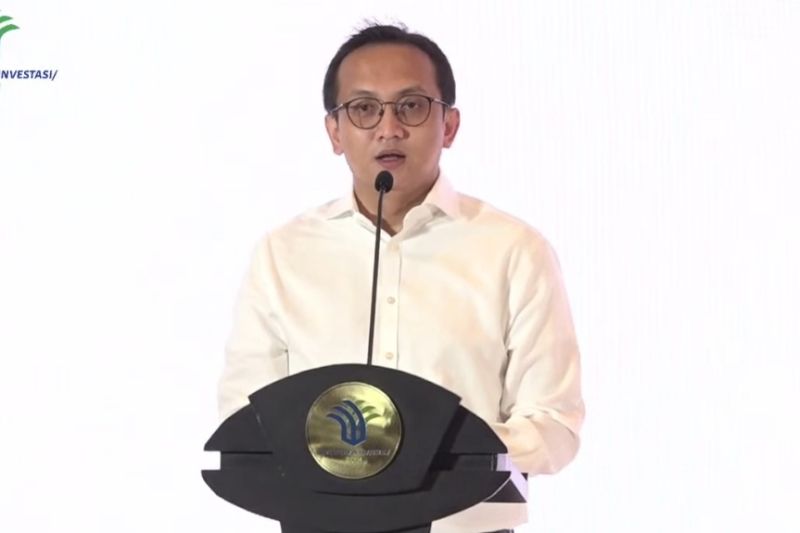Leading music stars join protest against government plan to shut public broadcaster
Written by on January 27, 2023
Some 200 leading Israeli musicians have signed a petition against the government’s plans to shutter the public broadcasting authority, promising “to fight to preserve democracy.”
The artists –including stars like Shlomo Artzi, Shalom Hanoch, Rita, Ninet Tayeb and Ehud Banai — join hundreds of top actors, directors, and writers who protested earlier in the week against plans to shut Kan.
They also joined protests by leading economists, business leaders, lawyers, students and other bodies who have expressed alarm at the government’s planned judicial overhaul, which critics warn will undermine democracy and the economy.
The government’s plans have sparked weekly mass protests and another one is planned for Saturday.
“It is not a coincidence that those trying to stage a regime change and remove all meaning from democracy have chosen to eliminate public broadcasts as one of their first steps,” said the musicians’ letter published Thursday.
“Closing the broadcast authority is the silencing of thousands of voices that will never find a home in commercial media bodies,” the wrote. “We will attend the protests on Saturday night and work together with our friends to cancel these plans — and together with all citizens of Israel we will preserve the democracy that is so dear to us.”

Protesters against the proposed changes to the justice system at Habima Square in Tel Aviv, on January 21, 2023. (Avshalom Sassoni/Flash90)
Earlier this month, Communications Minister Shlomo Karhi said there was no reason to support state public broadcasting in Israel and indicated he intends to shut down the Kan broadcaster along with additional transmission regulating bodies.
Hundreds of actors, directors, writers, and other figures from the cultural world, along with workers from the Kan public broadcaster, attended a Wednesday meeting held at the Tzavta Theater to oppose the plan.
Ahead of the meeting, organizers said that the corporation provides employment to thousands of people and accounts for about 70 percent of those employed in the film and television industry.
“Karhi is sealing mouths and drying up the fount from which original content draws its power,” the organizers said in a statement. They condemned as a “delusion” the idea that original Hebrew-language content can be produced without public support.
“If original work in Hebrew is important to us, public broadcasting is a necessity, and the corporation has proven this since its establishment,” the statement said. “Creativity and free communication have social, moral, and educational effects.”
Earlier this month, Karhi said the policy of his Likud party was to “remove obstacles and remove regulation” in the industry to allow the free market to prevail.
“In my view, there is no place in this day and age for a public broadcaster when there is a wide range of channels,” he added.

Communications Minister Shlomo Karhi attends a digital journalism conference at Reichman University in Herzliya, January 9, 2023. (Avshalom Sassoni/Flash90)
The Likud party, led by Prime Minister Benjamin Netanyahu, has long been accused of seeking to shut down Kan due to its criticism of the government while receiving public funding.
Kan hit the airwaves in 2017 after a long legislative battle to shut down and replace its predecessor, the Israel Broadcasting Authority.
At the time, then-prime minister Netanyahu — who also served for years as communications minister — strongly opposed the creation of Kan, reportedly claiming it was too left-wing and too difficult to control.
Internal disagreement on the matter almost brought down the coalition in 2017. However, if the news department were to be closed now, the move would be unlikely to face pushback in Netanyahu’s current hardline right-religious government.
Beyond protesting the closure of Kan, the music artists join a groundswell of opposition to the plans to overhaul the judiciary.
The plans call to severely restrict the High Court’s capacity to strike down laws and government decisions, and there would also be an “override clause” that would enable the Knesset to re-legislate any such struck-down laws with a bare majority of 61.
The proposed changes would also give the government complete control over the selection of judges; prevent the court from using a test of “reasonableness” to judge legislation and government decisions; and allow ministers to appoint their own legal advisers, instead of getting counsel from advisers operating under the aegis of the Justice Ministry.







